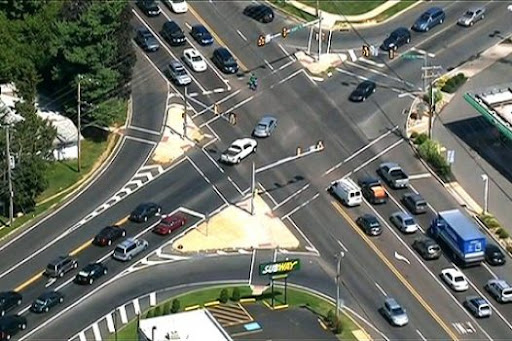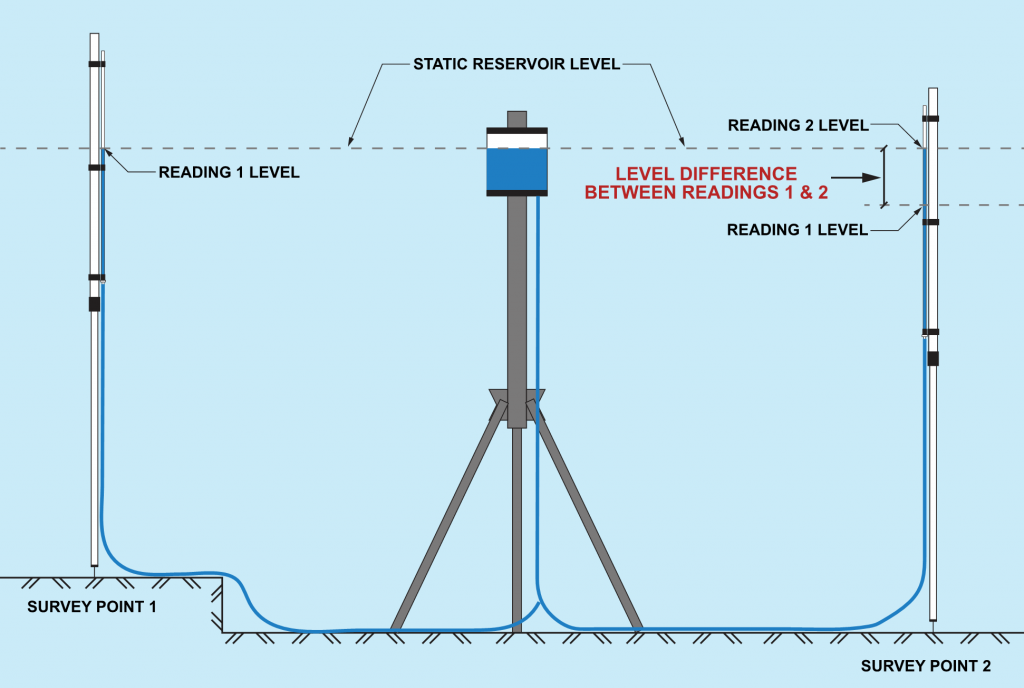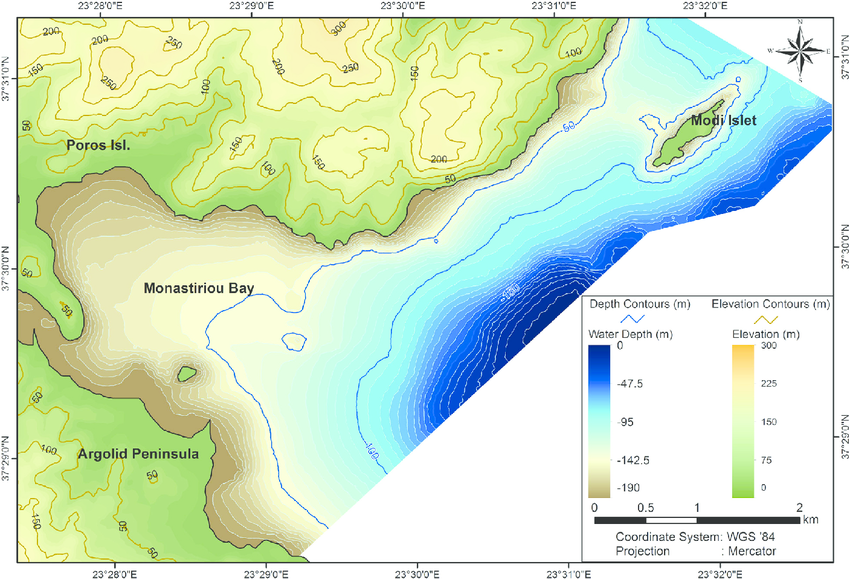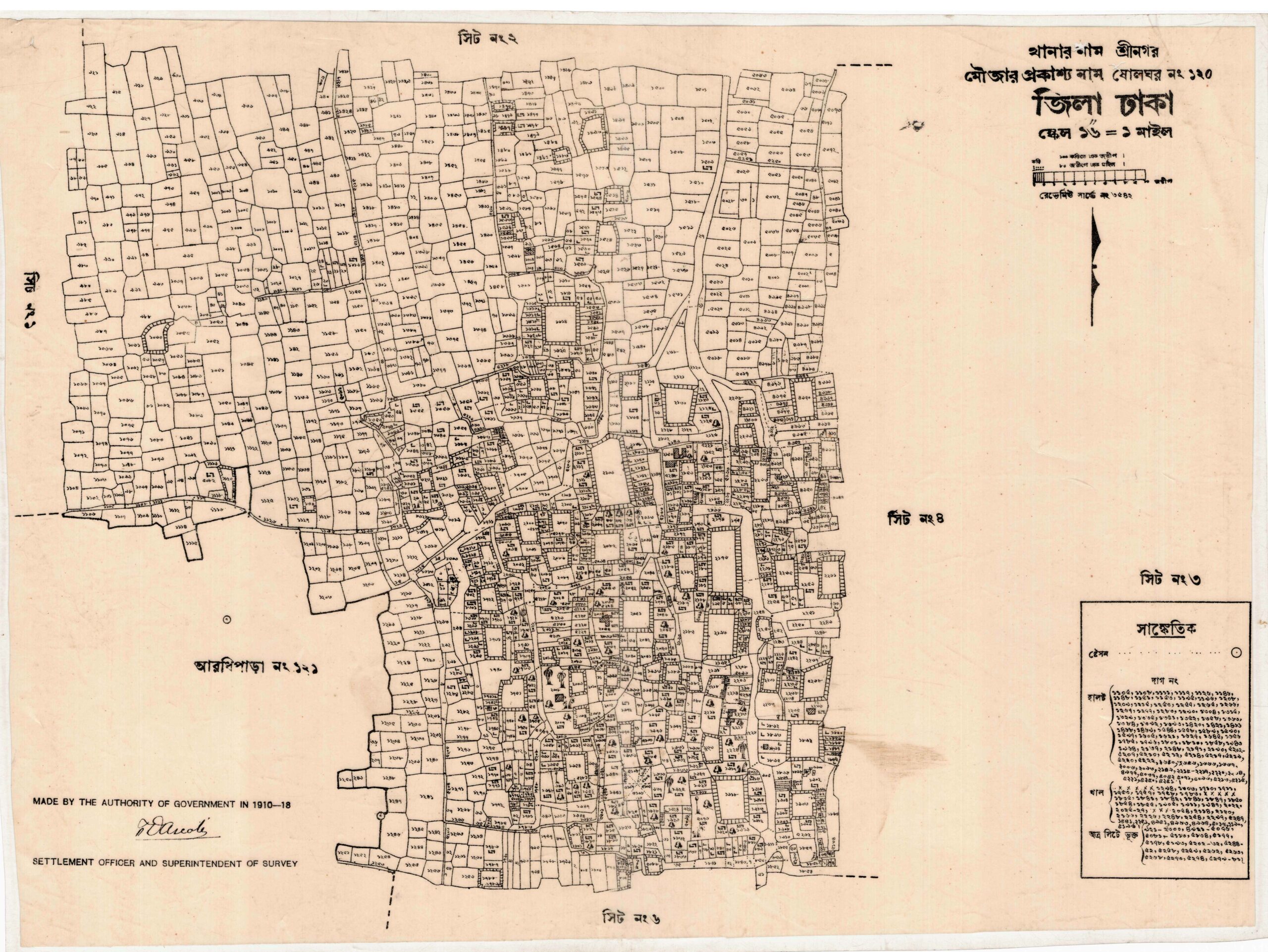Traffic survey services involve collecting and analyzing data related to road and pedestrian traffic to understand movement patterns, congestion, and safety. These services are crucial for planning transportation infrastructure, optimizing traffic flow, and improving road safety. Common types of traffic surveys include volume counts, origin-destination surveys, speed and delay studies, and pedestrian and cyclist surveys.
Here's a more detailed breakdown:
Types of Traffic Surveys:
Traffic Volume Counts:
This involves counting the number of vehicles passing a specific point over a period of time, often used to identify peak hours and congestion points.
Origin-Destination (O-D) Surveys:
These surveys track the movement of vehicles and pedestrians to understand travel patterns, including routes, commute times, and trip origins and destinations.
Speed and Delay Studies:
These studies measure vehicle speeds and identify areas with high congestion or delays, which can inform traffic management strategies and infrastructure improvements, according to traffic survey companies.
Pedestrian and Cyclist Surveys:
These surveys focus on understanding pedestrian and cyclist movement to improve safety and accessibility of walkways, crossings, and other infrastructure.
Parking Studies:
These assess parking demand, utilization, and availability to optimize parking policies and infrastructure.
Queue Length Surveys:
These surveys monitor queue lengths at intersections, toll booths, and other bottleneck areas to assess congestion and identify areas for improvement.
Drone-Based Traffic Surveys:
Drones can be used to collect aerial imagery and real-time data for traffic monitoring, offering a cost-effective way to gather comprehensive data.
Accident Analysis:
Traffic surveys can be used to analyze accident data and identify high-risk locations, contributing to improved road safety measures, according to traffic safety companies.
Traffic Impact Analysis:
This assesses the potential impact of new developments or projects on local traffic, helping to mitigate potential disruptions.
Benefits of Traffic Surveys:
Improved Traffic Management:
Traffic surveys provide data that can be used to optimize traffic signal timings, road capacity, and traffic flow.
Enhanced Road Safety:
By identifying high-risk locations and areas of congestion, traffic surveys can help implement safety measures like speed calming and improved pedestrian infrastructure.
Informed Infrastructure Planning:
Traffic data is essential for planning new roads, public transportation systems, and other transportation infrastructure.
Sustainable Transportation:
Traffic surveys can help in developing sustainable transportation solutions that address current and future needs.
Reduced Congestion:
By understanding traffic patterns and identifying bottlenecks, traffic surveys can help reduce congestion and improve overall traffic flow.





